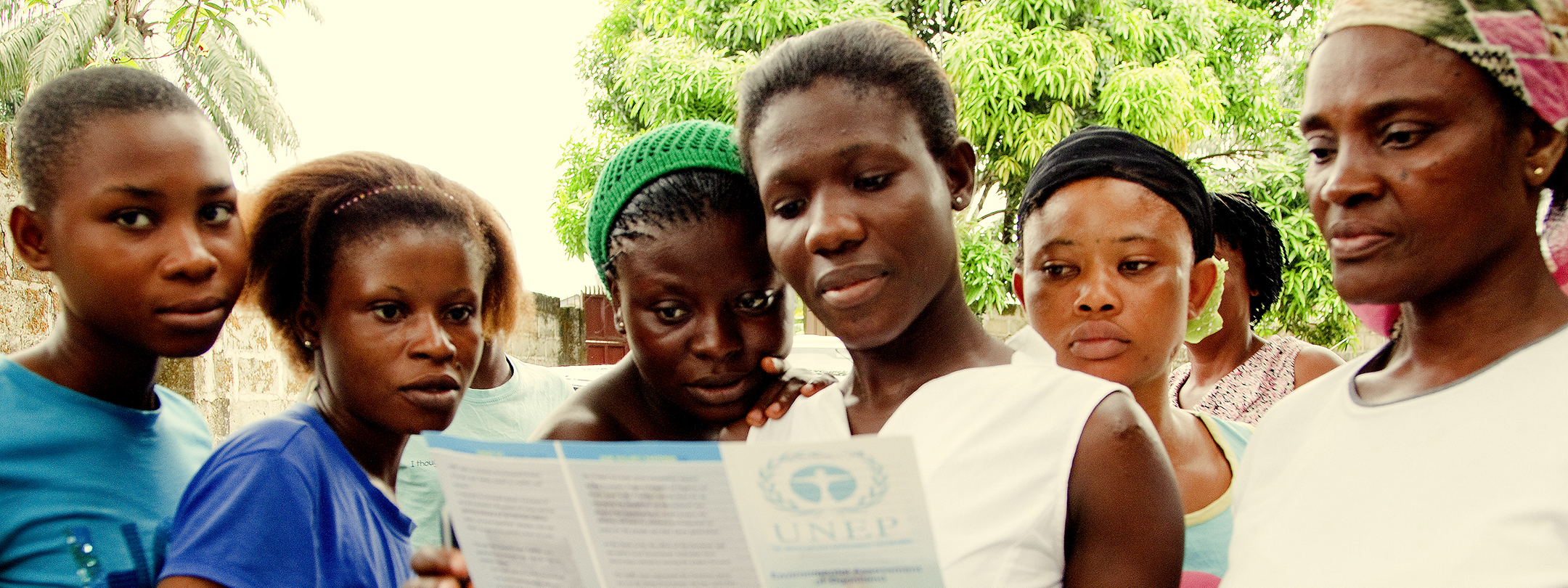Environment and Peacebuilding in War-torn Societies: Lessons from the UN Environment Programme's Experience with Postconflict Assessment
Publisher: Global Governance
Author(s): Ken Conca and Jennifer Wallace
Date: 2009
Topics: Assessment, Conflict Causes, Conflict Prevention, Governance, Humanitarian Assistance, Monitoring and Evaluation, Programming
Countries: Afghanistan, Iraq, Lebanon, Liberia, Palestine
Environmental challenges create high-stakes choices in war-torn societies. Handled well, they may create a solid foundation for peace and sustainable development; handled poorly, they risk undercutting an already tenuous peace. In this article, we identify patterns and lessons from the work of the UN Environment Programme's Post-Conflict and Disaster Management Branch, which has conducted postconflict assessments in several war-torn societies over the past decade. PCDMB's experience sheds considerable light on the nature of conflict-related environmental challenges, identifies possible entry points for environmental initiatives in peacebuilding, and suggests cautions about the requirements for environmental initiatives to be peacebuilding tools. We identify four themes emerging from their work: the multiple and often indirect links between violent conflict and environmental degradation; the political dimensions of environmental assessment as a confidence-building tool; resource and environmental linkages among the different segments of war-torn economies; and the environmental dimensions of reconstituting the state, regulation, and the rule of law.
